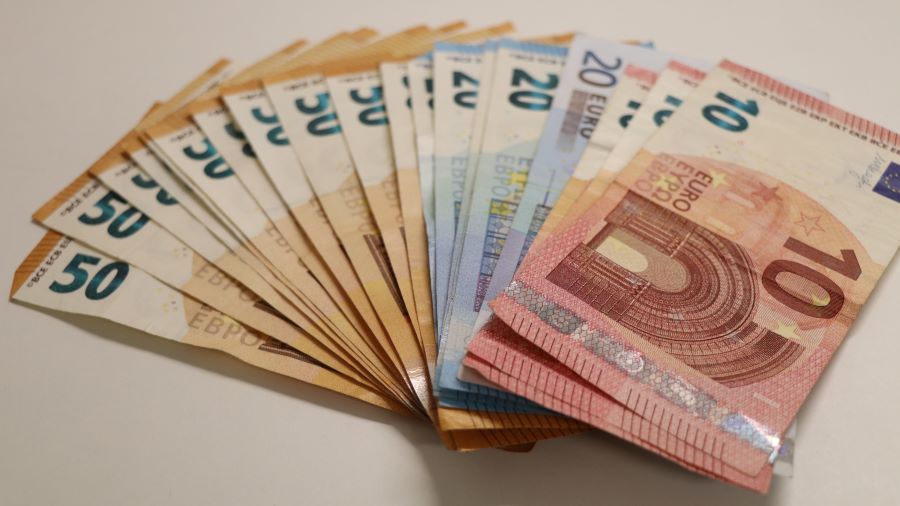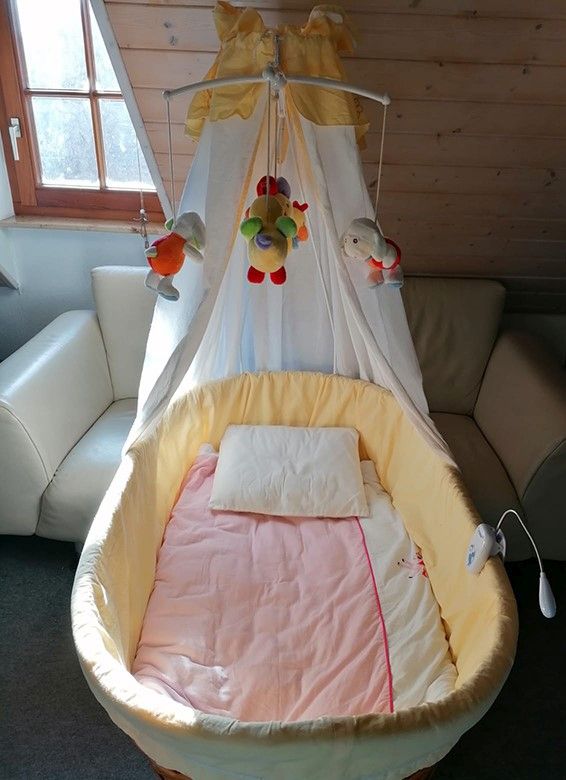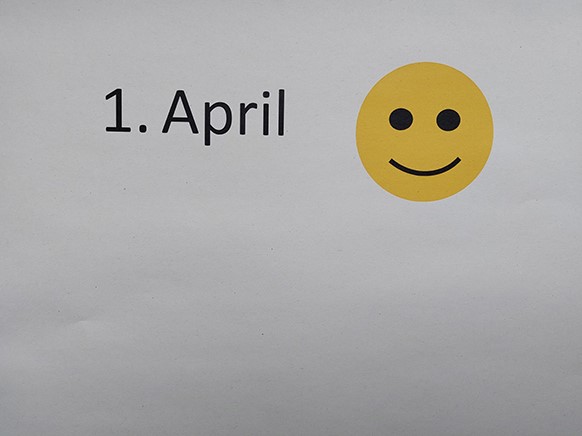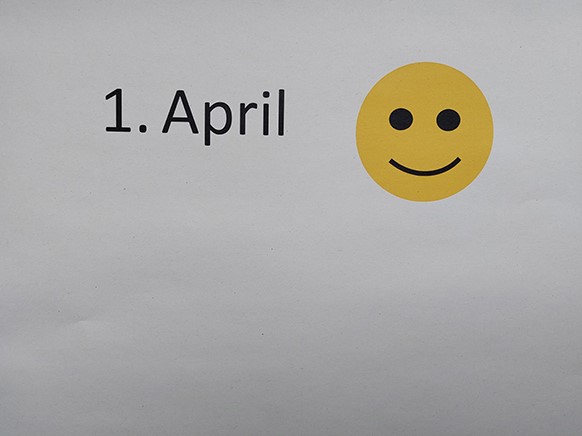By Oula Mahfouz
In the face of global economic crisis, inflation, resource scarcity and drought, governments are asking everyone to save resources and energy. This also means changing daily habits that waste energy resources, such as long showers. Recently, Winfried Kretschmann, Minister-President of Baden-Württemberg, caused a stir for his tip to save on showering when he said: “The flannel is also a useful invention.” He was also criticised in part for this.
But how did Muslims take it? And how does Islam deal with wastefulness? There are many verses in the Qur’an and hadiths that forbid extravagance and miserliness and command Muslims to spend money moderately. Hadiths are the collected sayings attributed to the Prophet Muhammad and, along with the Quran, are the most important source of religious precepts in Islam. Among the instructions on how money should be spent are, for example:
“And give the relative his due, likewise the poor and the son of the way. And do not act altogether wastefully.” [Al-Isra: 26].
“And those who, when they spend, are neither immoderate nor stingy, but (keep) the middle way between.” [Al-Furqan: 67]
“O Children of Adam, put on your ornaments at every place of prayer, and eat and drink, but be not immoderate! – He (Allah) loves not the self-indulgent.” [ al-A’rāf:31]
Prophet Mohammad also said God dislikes three things, including wasting money.
Islam has identified forms of waste that lead to the destruction of societies and their economies. Of these, the most important is the wasteful use of water. The Prophet ordered his followers not to waste water, even when washing prayers even by a river, to emphasise the importance of using water rationally.
tun22090604
Geldscheine. Foto: tünews INTERNATIONAL / Mostafa Elyasian.




